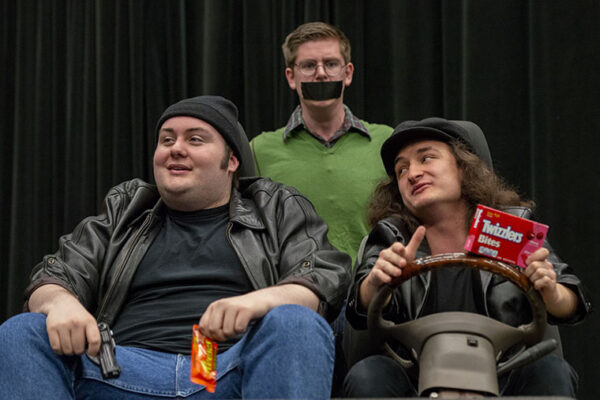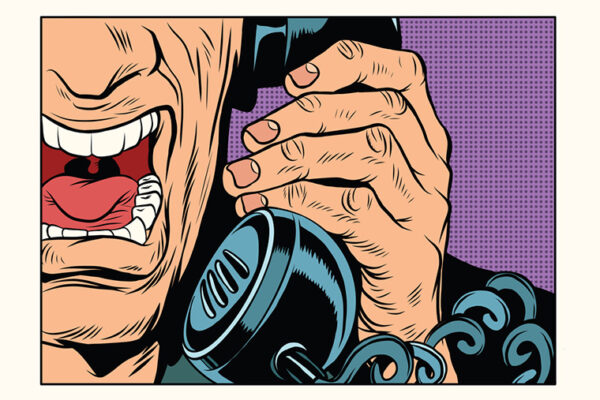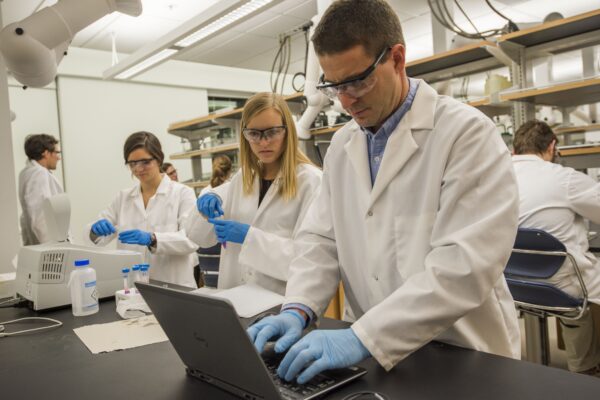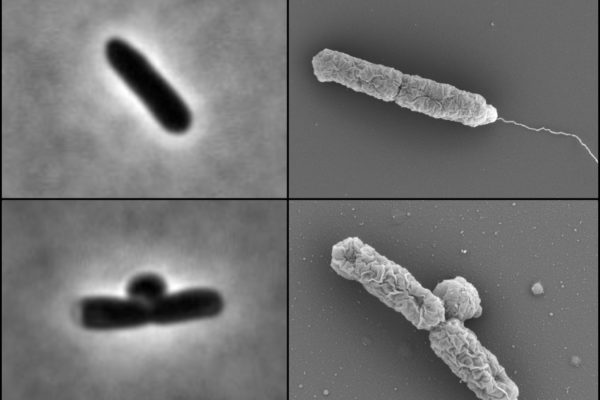Tang receives NIH grant to study mindfulness training effects and cognitive control
Catherine Tang, a graduate student working with Todd Braver, professor of psychological and brain sciences in Arts & Sciences, received a $39,000 grant from the National Institutes of Health (NIH)’s National Center for Complementary and Integrative Health for a project titled “Examining mindfulness training effects and mechanisms on cognitive control.”
PAD presents ‘Florida’ April 11-14
The Performing Arts Department presents the world premiere of “Florida,” a new play by recent alumnus Lucas Marschke, April 11-14 in the A.E. Hotchner Studio Theatre. Workshopped last fall as part of the A. E. Hotchner Playwriting Festival, the play recounts a dysfunctional vacation for the ages.
Harris Institute disappointed in revocation of the U.S. visa for ICC chief prosecutor
The Whitney R. Harris World Law Institute is deeply disappointed with the April 4 decision by Secretary of State Mike Pompeo to revoke the entry visa of International Criminal Court prosecutor Fatou Bensouda.
It doesn’t pay to play angry when negotiating
A new paper, authored by Washington University in St. Louis faculty and alumni from Olin Business School, reports findings from five different studies of subjects in a negotiation agreement. The takeaway: inorganic anger generally leaves parties of both parts feeling guilty, distrusted and needing to make amends afterward.
Creating sustainable bioplastics from electricity-eating microbes
Researchers in Arts & Sciences at Washington University in St. Louis have figured out how to feed electricity to microbes to grow truly green, biodegradable plastic, as reported in the Journal of Industrial Microbiology and Biotechnology.
McKelvey School of Engineering debuts undergraduate environmental engineering degree
Beginning in the fall of 2019, Washington University in St. Louis will welcome its first cohort of students who will graduate with a bachelor’s degree in environmental engineering. Unlike traditional environmental engineering programs with strong ties to civil engineering, this new degree will have a chemical engineering flavor.
Media advisory: Thurtene Carnival returns to Washington University
Thurtene, the nation’s oldest and largest student-run carnival, returns to Washington University in St. Louis this weekend. Hours are 4 to 8 p.m. Friday, April 12, and 11 a.m. to 8 p.m. Saturday and Sunday, April 13 and 14. The carnival is located next to historic Francis Field near the corner of Forsyth and Big Bend boulevards. Admission is free.
Close the Workhouse campaign gains momentum
Jailing people accused of low-level and nonviolent crimes while they wait for their day in court is morally bankrupt. St. Louis should join Los Angeles and other cities shifting their policies to end cash bail. St. Louis should close the Workhouse.
Specialist enzymes make E. coli antibiotic resistant at low pH
New research from Arts & Sciences suggests that many “redundant” enzymes are actually specialists that ensure maximal growth across different environments. They also seem to increase resistance to antibiotics in conditions like those in the GI tract or urinary tract — raising concerns that current antibiotic susceptibility tests are inadequate.
Does legalizing marijuana help or harm Americans? Weighing the statistical evidence
While there are still many unknowns surrounding the legalization of recreational marijuana, I believe that this shows that it will be a positive influence.
View More Stories








